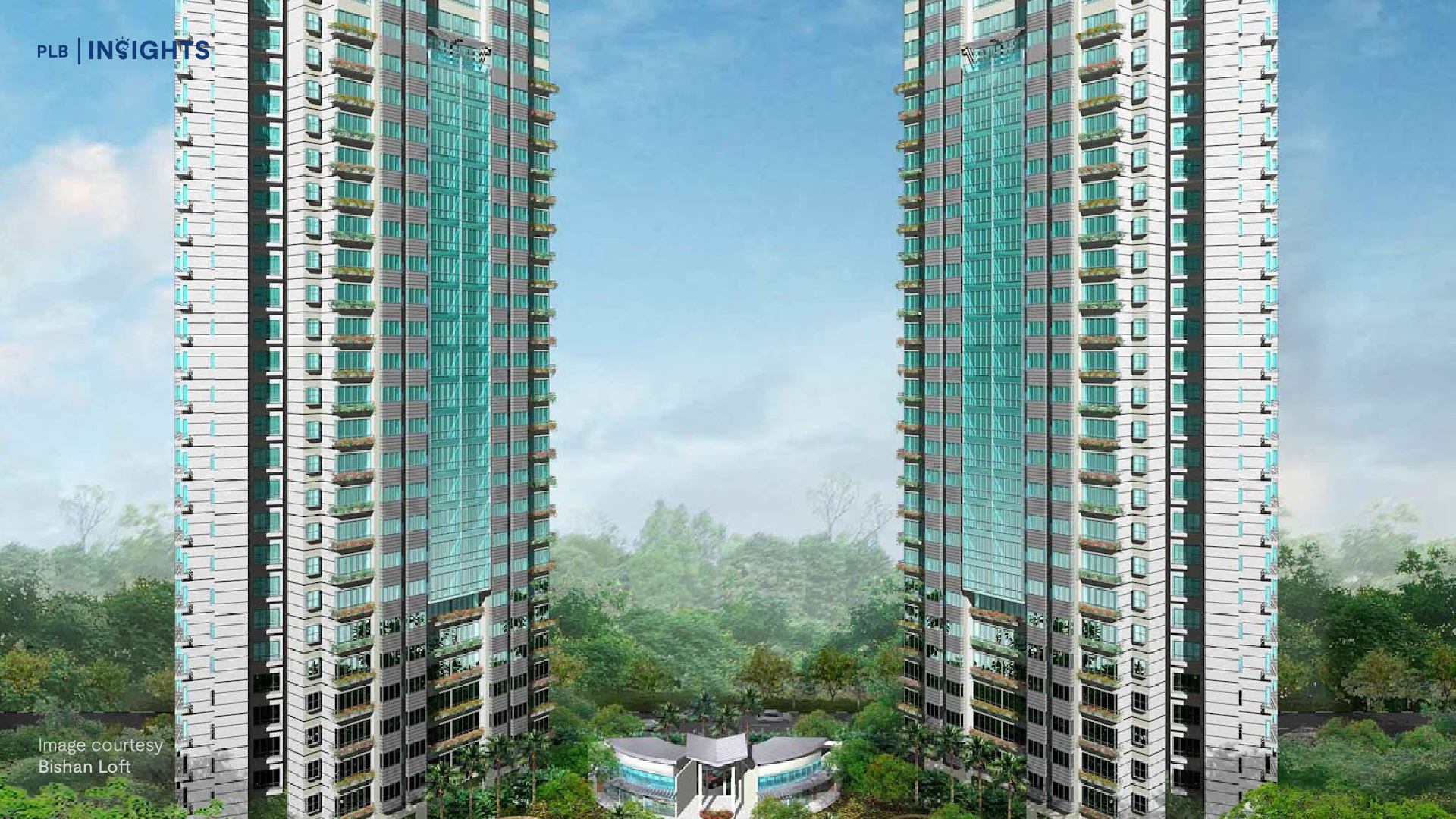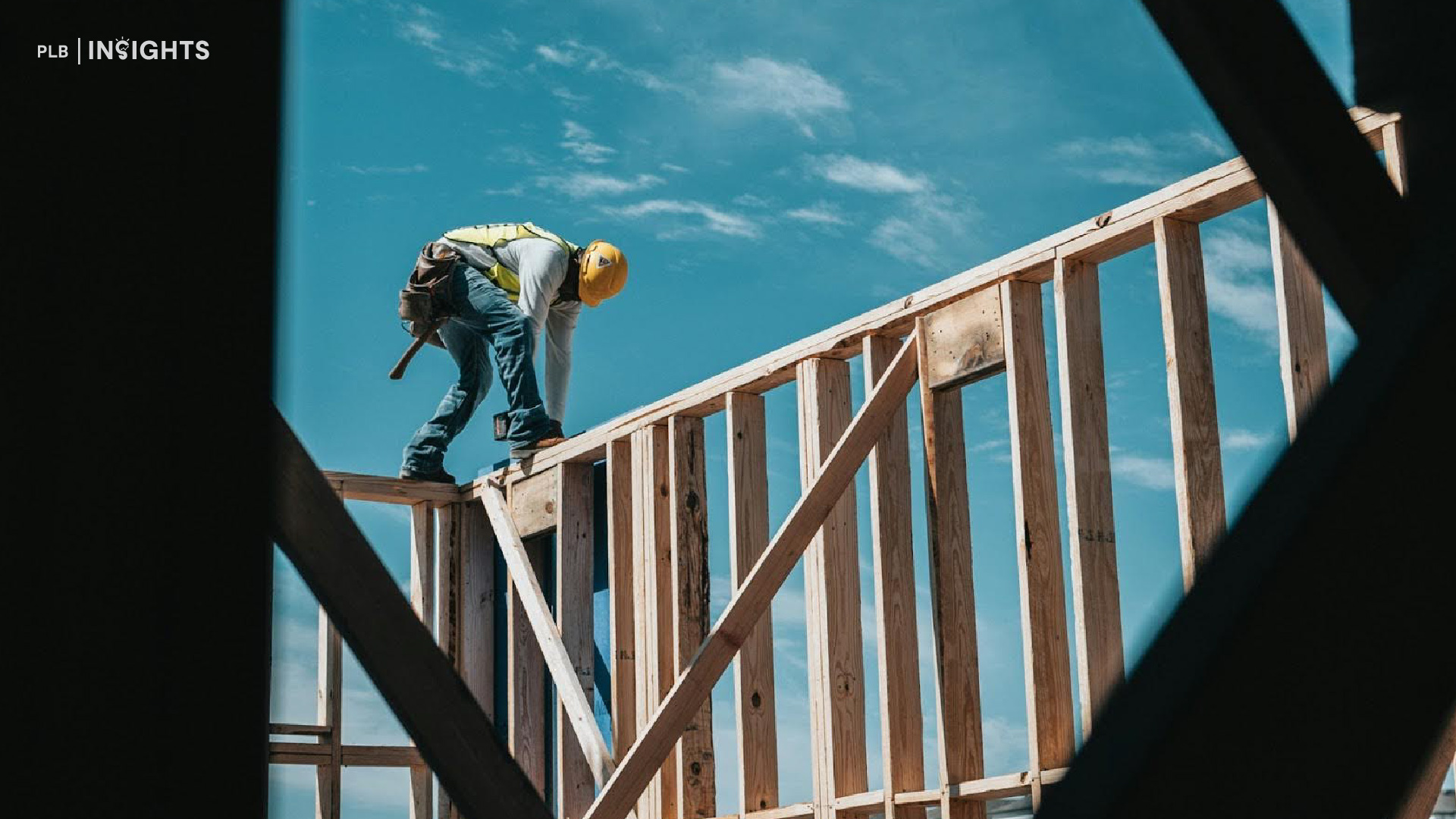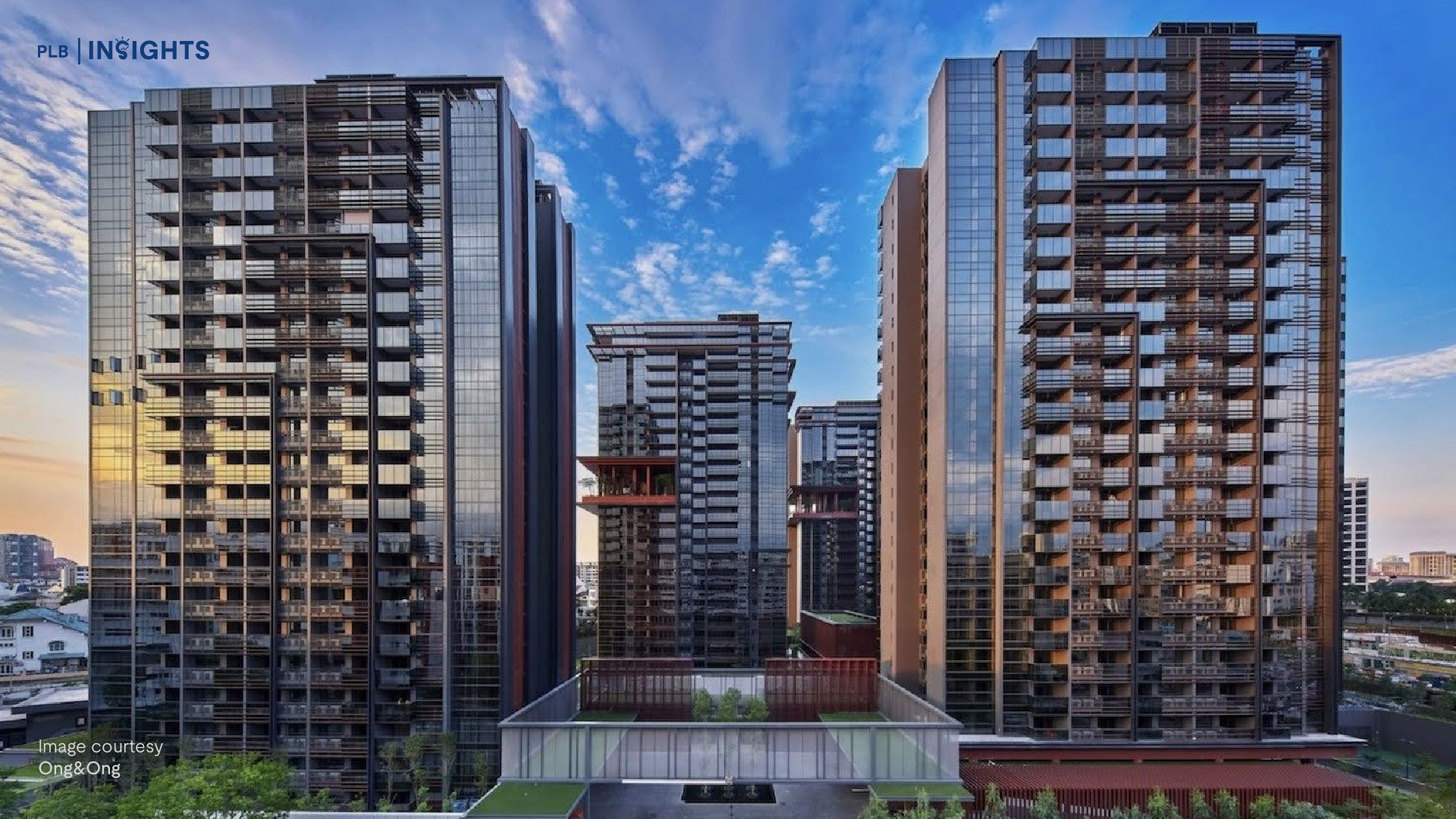
The issue of short-term rentals has been a contentious topic in Singapore’s real estate landscape. Recently, an article highlighted the government’s intensified efforts to clamp down on illegal short-term rentals, revealing significant statistics and regulatory actions.
This article aims to educate readers on the detrimental impacts of short-term rentals and underscore the need for stringent enforcement to preserve the sanctity of residential communities.
Context and Overview
Since 2019, the Housing and Development Board (HDB) and Urban Redevelopment Authority (URA) have actively investigated and penalised those offering illegal short-term accommodations. To date, 64 offenders have been fined, and 15 prosecuted for such violations in private residential properties. In public housing, seven offenders faced fines. Current regulations stipulate a minimum stay of three consecutive months for private properties and six months for public housing flats, reflecting the government’s commitment to maintaining stable and secure residential environments.

Illegal short-term rentals have found their way onto various online platforms, despite the clear legal framework. Platforms such as Airbnb, Facebook Marketplace, and Carousell have seen listings for short-term stays, prompting these companies to take corrective measures when violations are reported. The HDB and URA have emphasised the critical role these platforms play in ensuring compliance with local laws and have taken a stern approach to enforcement, including severe penalties for repeat offenders.
Impact of Short-Term Rentals
Negative Effects on Residential Communities
Short-term rentals significantly disrupt the residential character of neighbourhoods. Frequent turnover of short-term occupants often leads to increased noise levels, security concerns, and a general sense of instability among long-term residents. These rentals can undermine the sense of community, making it challenging for residents to form lasting relationships and trust within their neighbourhoods. The constant influx of short-term tenants can also strain communal facilities and resources, exacerbating tensions among residents.

Economic and Social Implications
The proliferation of short-term rentals can lead to housing shortages and inflated rental prices. Property owners, enticed by the higher returns from short-term leases, may withdraw their units from the long-term rental market. This reduces the availability of affordable housing options for local residents and exacerbates the housing affordability crisis. Additionally, the focus on catering to short-term tenants can shift investment priorities, diverting resources away from essential long-term community developments and amenities.
Regulatory Challenges
Enforcing regulations on short-term rentals presents significant challenges. The sheer volume of listings and the dynamic nature of online platforms make it difficult for authorities to monitor and regulate these activities effectively. Despite the government’s efforts, illegal listings continue to appear, often disguised or misrepresented to evade detection. This ongoing cat-and-mouse game between regulators and violators underscores the need for more robust and innovative enforcement strategies.
Government Actions and Policies
Current Measures
The HDB and URA have implemented several measures to curb illegal short-term rentals. These include strict enforcement of minimum stay requirements, heavy fines for offenders, and proactive monitoring of online platforms. First-time offenders face fines of up to $5,000, while repeat offenders or those involved in large-scale operations can be fined up to $200,000 per charge. In severe cases involving HDB flats, penalties can include written warnings, fines up to $50,000, or even compulsory acquisition of the property.
Proposed Solutions
To strengthen enforcement, the government could consider additional measures such as enhancing collaboration with online platforms to identify and remove illegal listings more effectively. Implementing a more sophisticated system for tracking and verifying rental activities, possibly leveraging artificial intelligence and data analytics, could also improve regulatory oversight. Furthermore, increasing public awareness and encouraging community reporting of suspicious activities can play a crucial role in deterring illegal short-term rentals.
Case Studies and Examples
Several high-profile cases illustrate the severe consequences of illegal short-term rentals. For instance, a Singaporean woman was fined over $175,000 for renting out three units on Airbnb for nearly three years, earning about $162,000. Another significant case involved a man fined $1.4 million for operating an illegal short-term rental business across 19 properties, utilising former maids to help manage the operations. These cases highlight the substantial financial penalties and legal actions taken against violators, serving as a deterrent to others considering similar activities.

What More Can Online Portals Do?
Online platforms have a significant responsibility in ensuring compliance with local rental regulations. While some measures have been taken, there is room for improvement. Here are several steps that online portals can implement to help eradicate illegal short-term rental listings:
1. Enhanced Verification Processes
Online portals can introduce more rigorous verification processes for property listings, ensuring that only those that comply with local laws are allowed to be advertised. This could involve requiring proof of long-term rental permits or authorisation from relevant authorities before a listing is approved.

2. Regular Audits and Monitoring
Platforms can conduct regular audits and monitoring of listings to detect any illegal short-term rentals. Automated systems can flag suspicious listings based on certain criteria, such as frequent availability for short stays or unusual pricing patterns, for further investigation.
3. Collaboration with Authorities
Strengthening collaboration with local authorities can enhance the efficacy of regulatory enforcement. Online portals can establish direct communication channels with government agencies to share data on suspicious listings and receive guidance on compliance requirements.
4. User Education and Reporting Mechanisms
Educating users about local rental laws and the consequences of non-compliance is crucial. Online platforms can provide clear information on legal requirements and encourage users to report any illegal listings they come across. Implementing an easy-to-use reporting mechanism can facilitate swift action against violators.

5. Transparent Listing Policies
Establishing and enforcing transparent listing policies that align with local regulations can deter property owners from attempting to circumvent the law. Clear guidelines on what constitutes a legal rental and the penalties for non-compliance should be prominently displayed on the platform.
6. Technology-Driven Solutions
Leveraging advanced technologies such as machine learning and AI can help in identifying and removing illegal listings. These technologies can analyse large volumes of data to detect patterns indicative of short-term rentals and flag them for further scrutiny.
In Conclusion
The issue of illegal short-term rentals in Singapore is a pressing concern that demands urgent action. The negative impacts on residential communities, economic stability, and regulatory challenges underscore the need for stringent enforcement and innovative solutions. Government agencies have taken significant steps, but more can be done, especially with the cooperation of online platforms.
By implementing enhanced verification processes, conducting regular audits, collaborating with authorities, educating users, enforcing transparent policies, and leveraging technology, online portals can play a pivotal role in eradicating illegal short-term rentals. This collective effort will help preserve the integrity of Singapore’s residential communities and ensure a stable and secure housing market for all.
Thank you for reading. Stay tuned for more insights into Singapore’s dynamic real estate market. Have any burning questions about the market? Contact our experienced real estate consultants here. At PropertyLimBrothers, we are dedicated to helping you achieve your real estate goals with precision and care.








